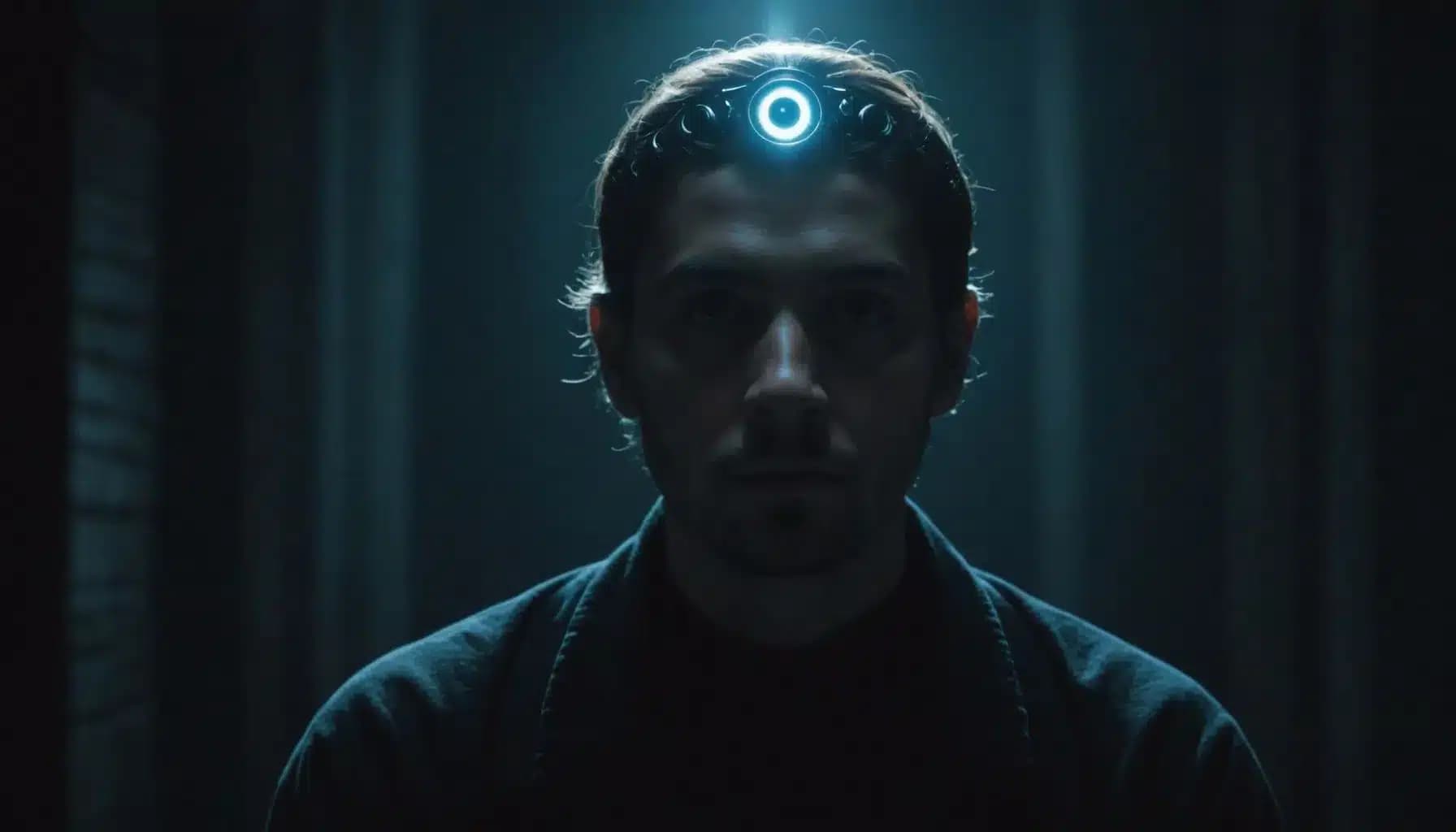
The Mysteries of Remote Viewing: Can We Really See Distant Places?
Remote viewing, a practice that allows individuals to perceive information from distant or unseen targets without using their physical senses, has long fascinated both believers and skeptics. With roots tracing back to ancient practices and significant interest during the Cold War, remote viewing has evolved into a subject of modern scientific inquiry and popular culture. […]